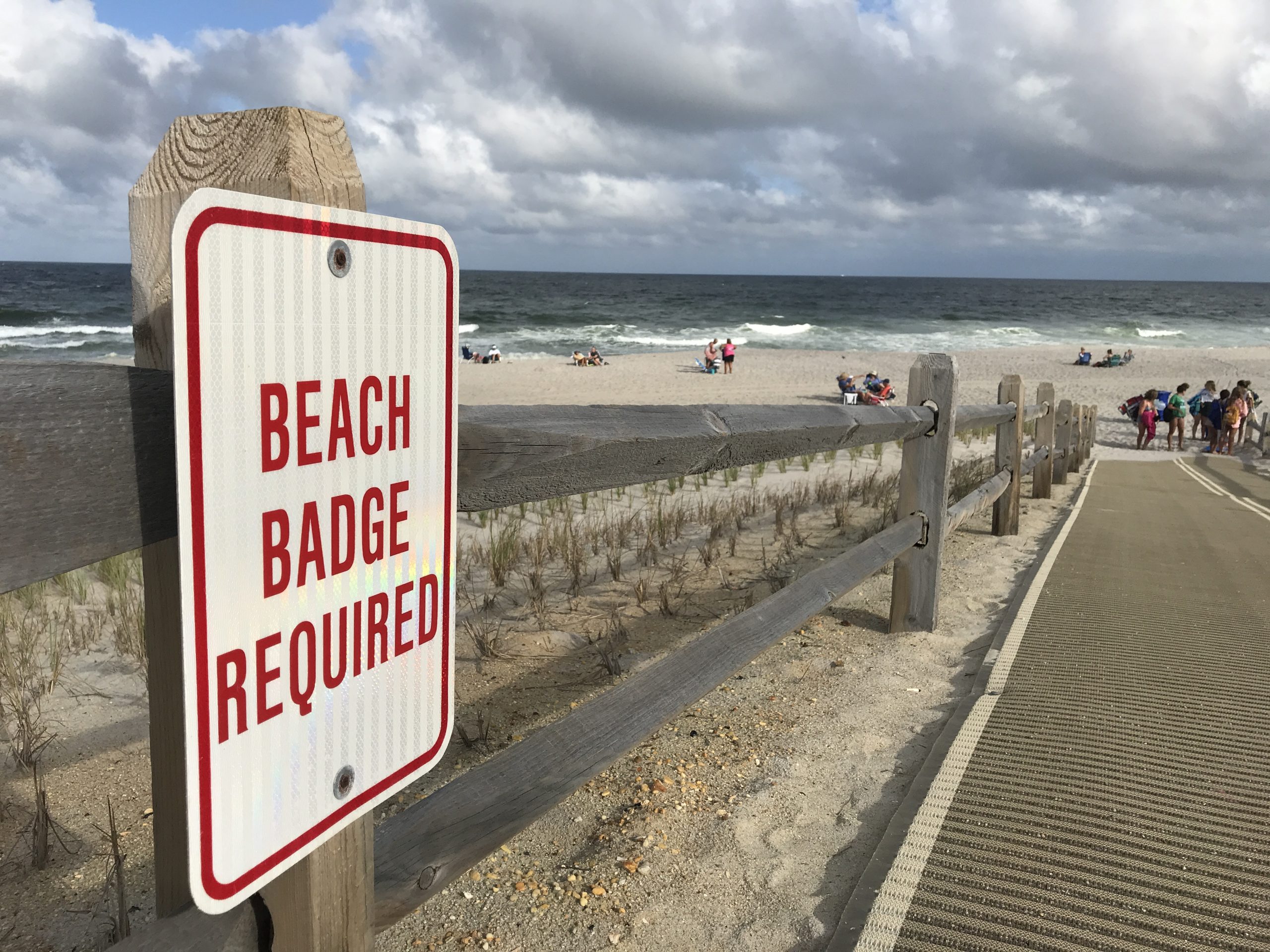Lavallette officials credited a borough attorney for helping navigate the complicated process of determining the number of affordable housing units the town would be forced to provide under what is known as “round four” of affordable housing quotas as set by the Mt. Laurel doctrine. The state had initially mandated Lavallette provide 35 units – more than Seaside Heights and some larger communities – but pared down the requirement with the help of attorney Michele Donato.
The state legislature recently approved what is commonly referred to as “round four” of the state’s affordable housing law, part of the “Mt. Laurel doctrine” that came in place following a 1975 case decided by the state Supreme Court. The judicial decision, and the laws that followed, require towns to utilize open land or the redevelopment of existing space to provide housing units designated for low-income residents. There have been three “rounds” of quotas set in the past, with the fourth mandating new income-based housing be provided between 2025 and 2035.
Lavallette’s quota will be brought down to seven units after Donato successfully argued that the state erred in its determination based on “new construction” in the borough. Initially, Mayor Walter LaCicero said, the state Department of Community Affairs considered homes that were demolished and rebuilt in place to be “new construction.” Donato objected, holding that rebuilt homes on existing lots are merely different buildings constructed on the same land that would previously not have been considered as part of the state’s formula.
While Lavallette avoided having to provide a high number of units, some towns are gearing up to oppose an obligation to produce thousands of new dwelling units on open land. The Lavallette council passed a resolution supporting an amendment to the Fair Housing Act that they say imposes “unrealistic burdens” on municipal governments. The fourth round of quotas is expected to generate myriad lawsuits, prompted by concerns over stretching public services, overdevelopment, increasing school attendance and public safety matters.
The resolution was spearheaded by Donato, who serves as president of the New Jersey Institute of Local Government Attorneys. The resolution opposes the state’s order for towns to provide 84,698 new affordable housing units over the next ten years despite 99,956 certificates of occupancy issued statewide – total – over the previous ten years.

Advertisement

Seaside Heights & Seaside Park
In Seaside Heights, A $50M Flagship Building Rises Over the Boulevard in a Famed Location

Police, Fire & Courts
Ocean County Sheriff Establishes Drone Command Center in Seaside Heights Amid New Video









